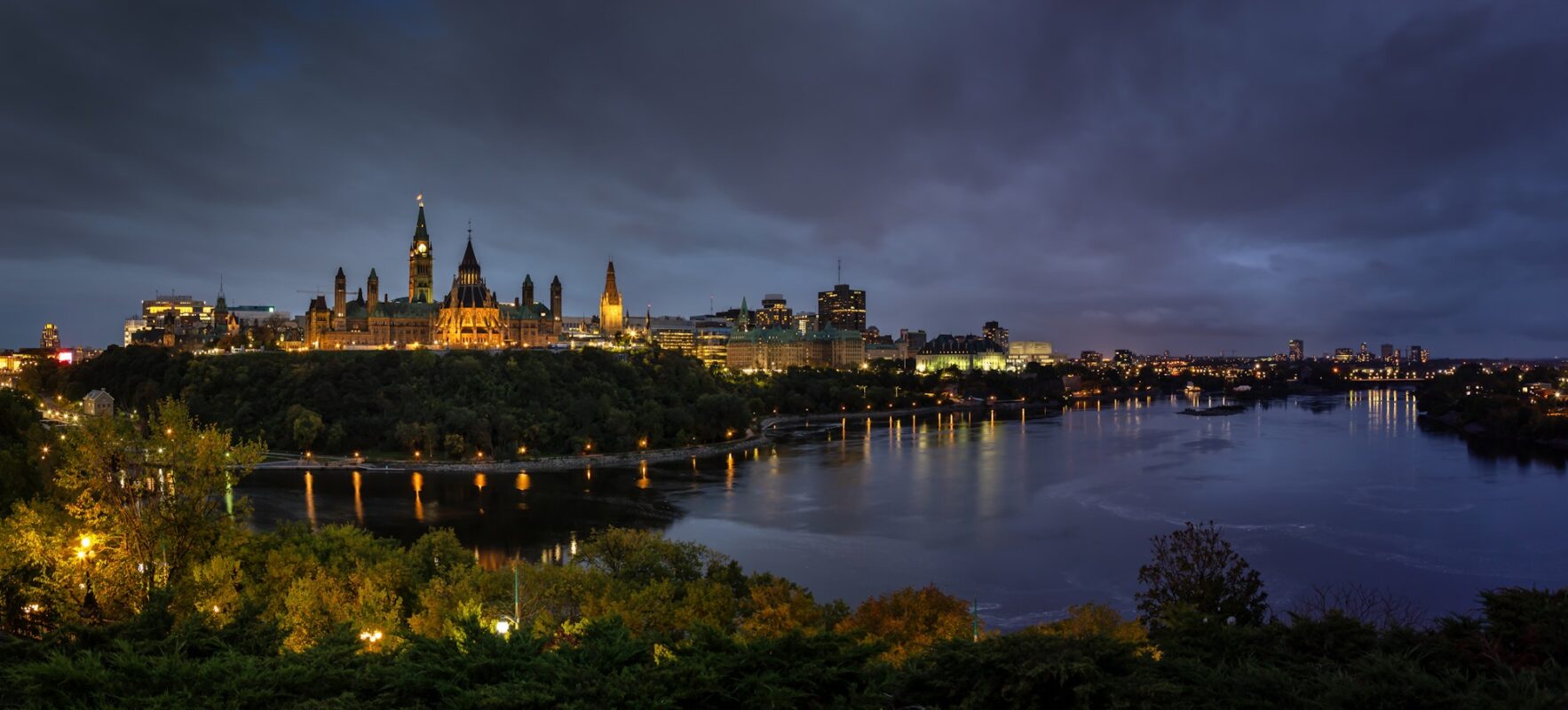
October 5, 2016
The Ministries’ Public Consultation Document is here (1.3 MB), or go to http://www.mah.gov.on.ca/Page15027.aspx
A schedule of town hall meetings is to be announced.
The deadline for comments is December 19.
Comment & analysis on John Michael McGrath’s TVO blog: October 5, 2016
UPDATE – December 1
Today the Greenspace Alliance sent in its responses to the 24 questions posed in the Ministry’s public consultation document. The full response letter is here. Some highlights:
+ The words “dealt with” in section 17(50.1) of the Planning Act need to be clarified to say that “dealt with” refers to what Council has decided, not more broadly what it had considered.
+ Significant new information should be sent back to Council. The permissive “may” in section 16(44.4) of the Planning Act should become a “shall.”
+ The OMB should not be in the business of de novo hearings. It should act more like a judicial review or appeal court: Did the decision meet a standard of reasonableness? Was due process followed? Is it in accord with local or provincial laws, regulations and policies? It should not rehash the evidence and superimpose its own decision. I.e., the role of the OMB should be to provide binding guidance to interpretation of policy, including process policy, and then send the matter back to Council for resolution. The days of the Board having the final say on what is “good planning” must end.
+ A Community Liaison Office could be helpful in maintaining a list of experts and lawyers who would consider assisting community groups. The CLO could maintain a catalogue and synthesis of previous Board and Court decisions, indexed to subject matters or issues.
+ There should be intervenor funding for eligible not-for-profit organizations and individuals. We suggest eligibility criteria.
+ There should be, for all hearings, mandatory pre-consultation between the Parties.
+ The Board should be able to require that Parties enter into mediation and should offer to play a helpful role.
+ The Consolidated Hearings Act should be amended so that joint boards of the OMB and the Environmental Review Tribunal can adjudicate any appeal, not just an appeal by the proponent as the current law stipulates.
We attached a report written at our request by Robert Marinov and some fellow students at the University of Ottawa. It analyzes 23 OMB decisions that dealt with “green space” in Ottawa. The report’s conclusions illustrate and support some of the positions we put forward in our response.
[rev. 5 Aug 2017] For an extensive response from the Canadian Environmental Law Association, please go here. It is in many respects consistent with the Alliance’s submission; the major exception is that it advocates continuing with de novo hearings. It also has much to propose regarding funding mechanisms to increase public access to the land use appeal process.
March 18, 2017
Former OMB Member and Judge Peter Howden has self-published a lengthy analysis and critique of the OMB (David Reevely). Available as eBook ($15.99+tx) or Paperback ($23.99+tx+shipping) from Friesenpress.
